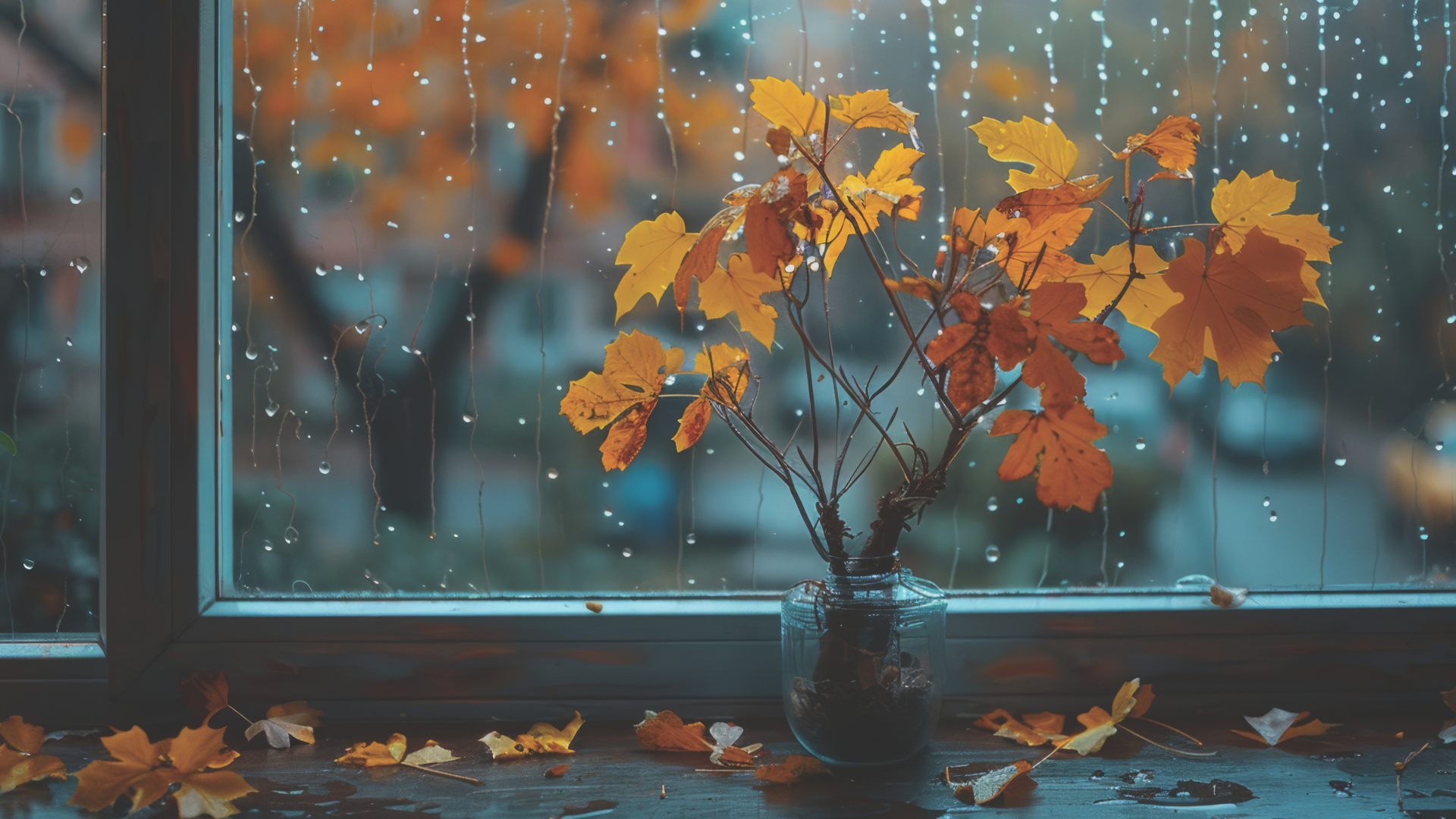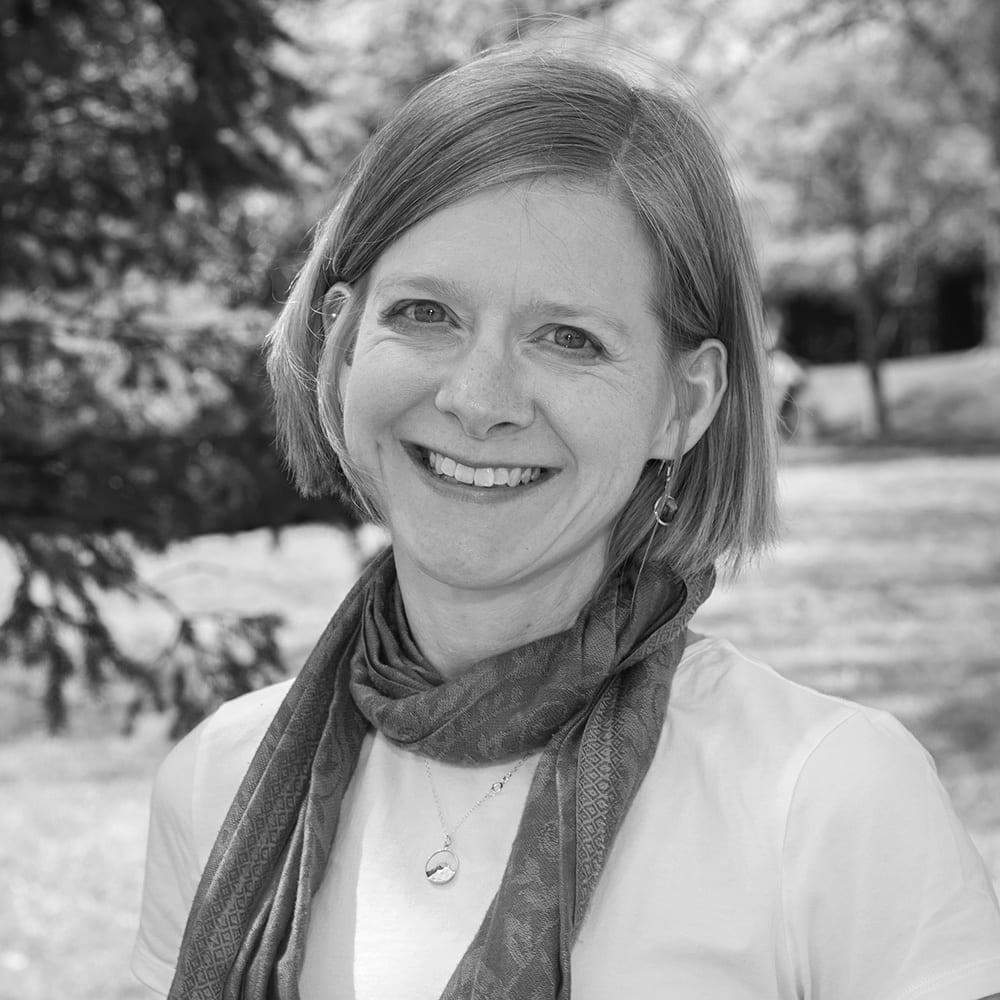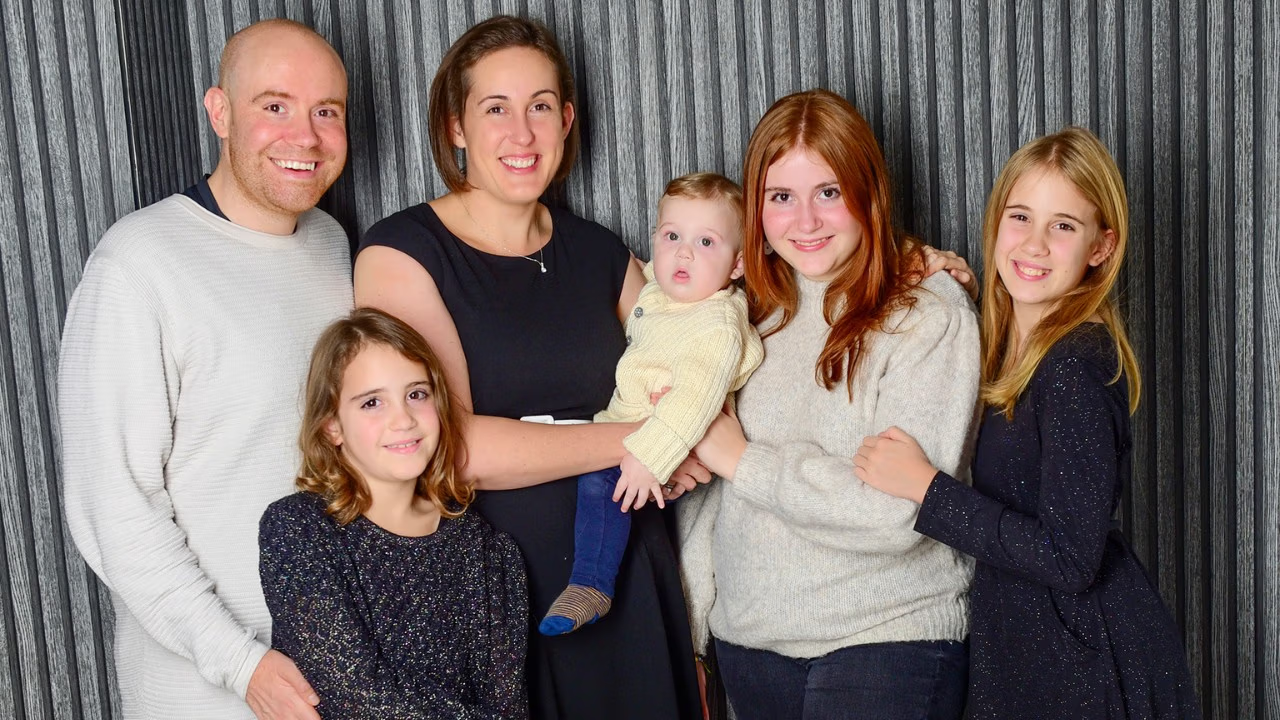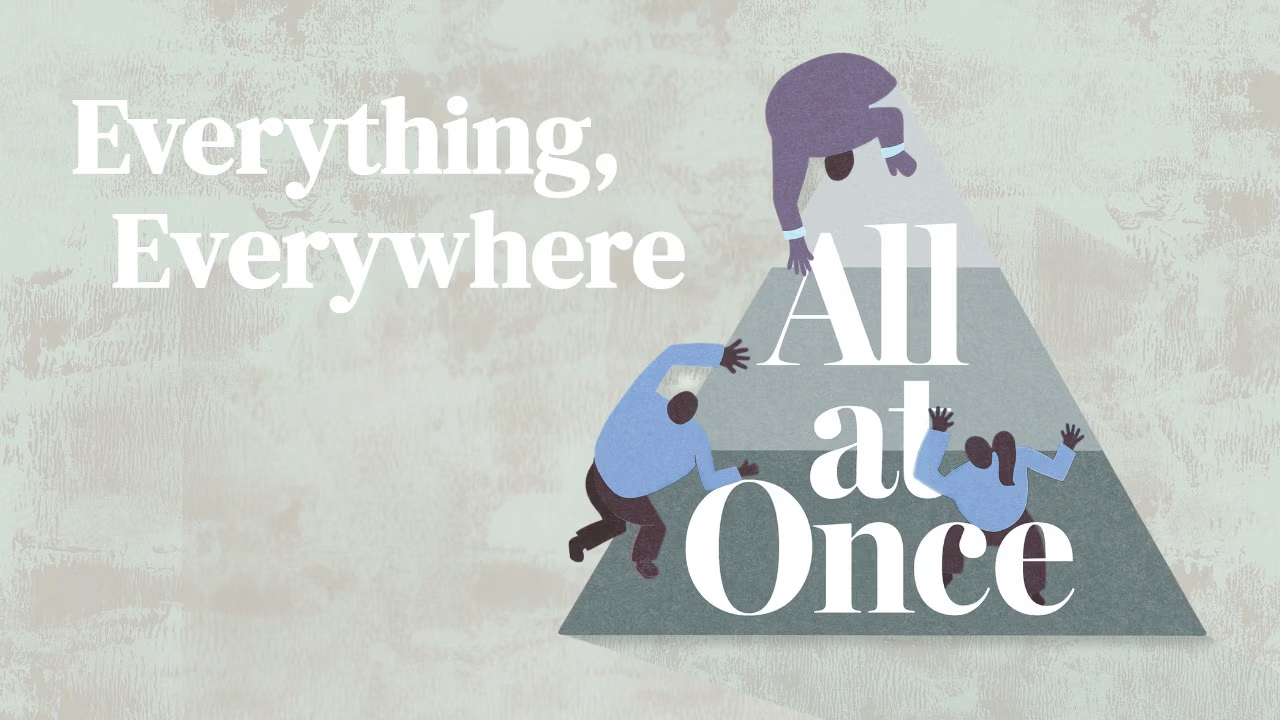Finding God in Humility and Lament
“‘My grace is sufficient for you, for power is made perfect in weakness.’ So I will boast all the more gladly of my weaknesses, so that the power of Christ may dwell in me. Therefore I am content with weaknesses, insults, hardships, persecutions, and calamities for the sake of Christ, for whenever I am weak, then I am strong.” – 2 Corinthians 12:9-10
Before what I’ve come to think of as The Crash, I loved getting things done. Oh, how I loved doing things! I made lists for the pleasure of checking things off. And still, I often had a nagging sense that I could be doing more. More students to mentor, more books to read, more articles to write, more advocacy to pursue racial justice, and more action to combat climate change. Then I crashed.
For a year, I’d had a minor case of long COVID. I couldn’t exercise, and I often felt tired, but otherwise, I lived a more or less normal life. It took two weeks for my life to come grinding to a halt. I was barely able to walk the five or six steps from my bed to the bathroom. After twenty-four hours in the ER, I was so exhausted that a friend had to carry me up a flight of stairs and plunk me gently into a guest bed, where I stayed for the next several weeks. The mild long COVID symptoms I’d experienced for many months had exploded into a storm that left me completely unable to care for myself. I had run half-marathons and now could not manage one flight of stairs.
My first response was to feel humiliated. I have been good at helping others but not nearly as adept at asking for help, and suddenly I needed help for absolutely everything. Of course, I should have known better than to view my plight through the lens of humiliation. I’d preached and taught for years about the church as a beautifully interdependent community. I’d even written an entire chapter about the virtue of humility, in a book about the Beatitudes. Christians have long understood the virtue of the first beatitude, poverty of spirit, as humility—as knowing one’s need for God and others. I deeply experienced that need as I never had before. Gradually I became able to see myself as one who had been humbled, but not humiliated.
If the first gift of my weakness was humility, the second gift was the prayer of lament. I had lamented before—and written about lament—but I was plunged into it differently during the weeks of being bed-bound when my brain fog and fatigue were so crippling that even eating was exhausting. When I couldn’t come up with words to pray, I fell back on the familiar rhythm of psalms I knew by heart, especially Psalm 22, Psalm 42, and Psalm 130. As I cried out, asking why God had abandoned me (Psalm 22:1), I felt sharply the risk of praying in this way, how close it walks up to the edge of rejecting the Divine. What a daring form of prayer! But I also felt intensely what a profound gift it is that God has given us these prayers, that God allows—even invites—us to challenge and question God, to cry out in pain and fear. Surely this means that our Creator values relationship with us so much that God would rather we shake our fists at God than turn away altogether.
The third gift was a renewed attentiveness to beauty. For weeks, I could not read or listen to music for more than a few minutes a day. I had two small pleasures: I could taste and enjoy food, and I could look out the window. So I learned to slow down and savor what I was eating. The tart explosion of blueberries, the snap of a juicy carrot, the mellow tang of garlic and hummus. I gave all my attention to every bite. I made friends with the tree outside the window, its steadfast presence, the sound of the wind rustling its leaves, and the birds who came and went in its branches and sang for me in the morning. Over time, I watched its green leaves soften and turn bright yellow and then fall in a soft rain of swirling gold. Even that one small slice of the staggering beauty of the world, viewed through a few windowpanes, nourished me as I attended to it.
Humility, lament, attention. I confess that these may not be the gifts I would have chosen. I certainly would not have signed up for the illness that brought me these gifts. Still, this difficult season has had its own grace.
Months later, the gift I seek most to embody and practice is gratitude. Every evening, I pray a simple version of the Jesuit examen: where did I experience frustration or sadness? And what today has brought me joy or happiness? At first, I expressed gratitude over and over again for friends who brought me food or did my laundry for me. Now I am grateful that I can cook simple meals for myself again, still trying to slow down and savor everything I eat, to really taste it.
I have become a dedicated single-tasker: if I am eating, I put my phone and my books aside and simply eat. I am grateful that I can go on a short walk every day. I mark every tiny milestone in a journal: the first day I went to the grocery store again. The first day I translated a few verses of Greek again. When I started strength exercises guided by a physical therapist, I was delighted to be able to use muscles that were sorely out of practice. I hope to be able to resume teaching next semester, which fills me with joyful anticipation.
Even while I celebrate my progress, I remain mindful of others who continue to suffer: friends in chronic pain or fellow long-haulers who still struggle to take deep breaths or do daily tasks. Because I can “present” as a healthy person—you can’t usually tell by looking at me that I still have fatigue and other health issues— I have become more aware of those with hidden or invisible disabilities. I pray it has made me more patient and gracious, more eager to see God’s image in everyone I encounter.
Still, I don’t mean to imply that it’s all sunshine these days. Recovery from post-Covid syndrome (as from so many things) is irritatingly nonlinear. I still have hard days. I sometimes let myself wonder, with sadness, if I will ever run or ride a bicycle again. Those things seem more possible than they did several months ago, but for now, they remain out of reach. I’ve had to lean with all my might into the truth that my self-worth does not come from the things I produce, publish, or accomplish—that it comes simply from being God’s beloved child.
Have I learned and grown and deepened from this long stretch of suffering? I have. I don’t believe that God deliberately inflicts pain on us to teach us lessons, but I do believe that God works all things for good.
A small legion of colleagues, friends, and neighbors have cared for me and met my every need: what a gift, to be so loved. Most of all, God has never left my side. And that is the greatest gift of all, in strength or
in weakness














